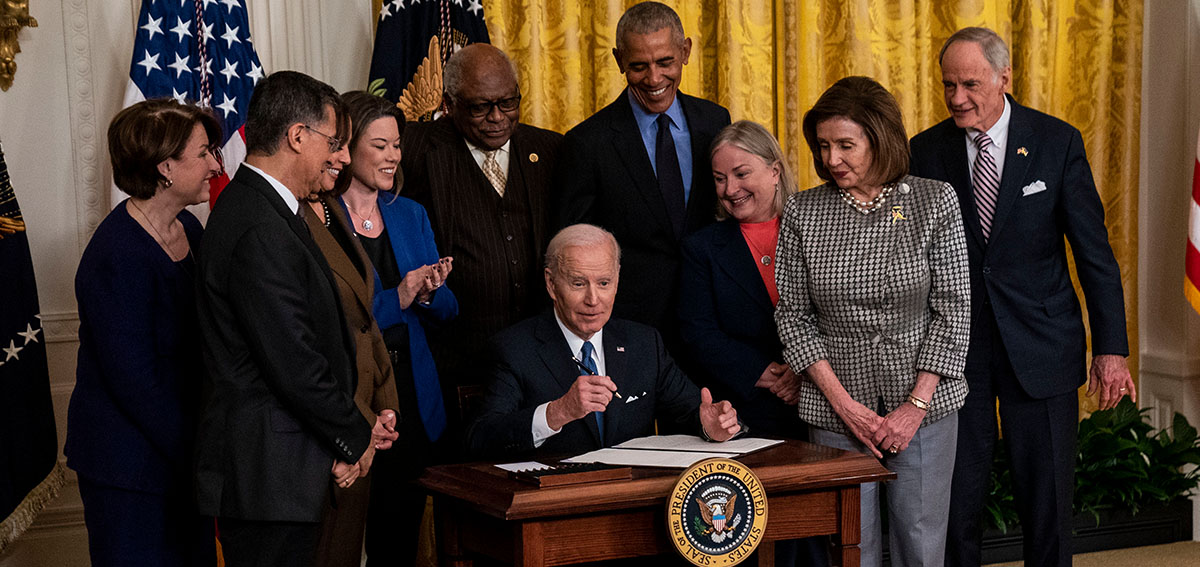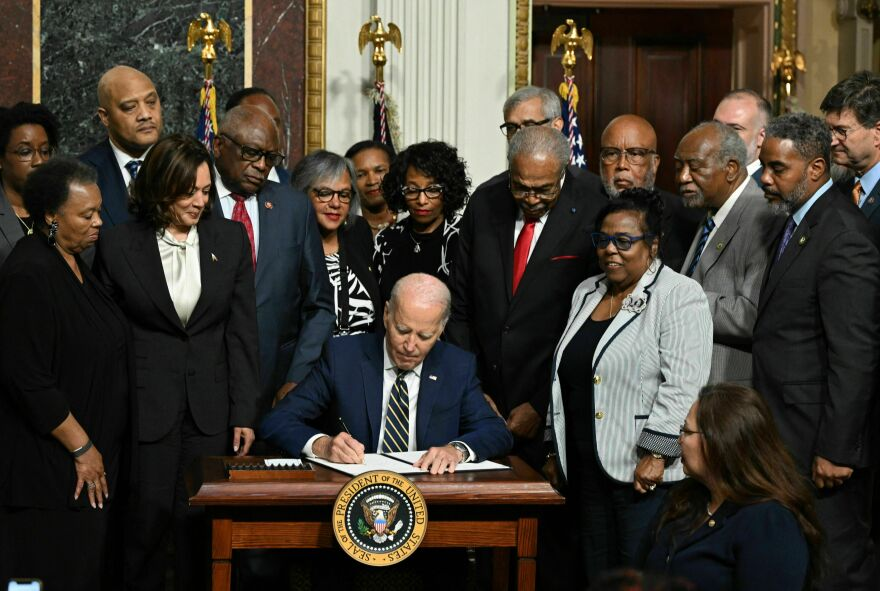Highlighting the pivotal role of Black Americans in the nation’s history, President Joseph R. Biden welcomes the 2024 Black History Month, spotlighting the enduring commitment to acknowledging and celebrating the momentous contributions of Black individuals to the United States’ historical, cultural, and societal heritage. President Biden’s call for embracing black history shows the importance of promoting inclusivity and understanding through educational initiatives.
By teaching children about African American history, we can cultivate a more comprehensive understanding of the past and its impact on individuals and society as a whole. This empathetic approach has the potential to foster unity and resilience while acknowledging the contributions made by black Americans throughout history.
Historical Significance of Black History Month
Originating in 1915 and officially recognized by President Gerald Ford in 1976, Black History Month is a touching reminder of the triumphs of African Americans, as well as their continued struggle for equality. Observed every February, this month-long celebration serves as a testament to the tenacity, resilience, and perseverance of Black communities, who, despite facing centuries of systemic prejudice and discrimination, have continuously endeavored to straddle the void between America’s founding ideals and its lived reality.
While it originated and is especially celebrated in the United States, the observance has also been officially recognized in countries like Canada and the United Kingdom, celebrated in different months. Additionally, the theme for African American History in 2024 is “African Americans and the Arts,” acknowledging the significant impact of Black Americans on various art forms.

Biden’s Commitment to Black Americans
President Biden has shown his support throughout his administration for the black African American community. On his first day in office, he signed the Executive Order on Advancing Racial Equity and Support for Underserved Communities, reaffirming his commitment to addressing systemic racism and promoting equal opportunity for all Americans.
Furthermore, President Biden has made it a priority to have a diverse and inclusive cabinet, with a record number of African Americans serving in key positions. This includes the first-ever African American Vice President, Kamala Harris, and the first-ever African American Secretary of Defense, Lloyd Austin.
Biden’s latest proclamation on Black History Month also magnifies this continuing journey to bridge the racial depth that has marked American history. The report takes us back to the heart of the struggle for racial equality, from the horrors of slavery to the tireless fight against segregation and injustice. Today, the President also reaffirms his commitment to continuing this fight, culminating in a society where equality stretches beyond mere words on a page, extending into every facet of American life.
Under the Biden administration, significant strides have been made toward racial equity. An Executive Order was enacted on the first day of his presidency to advance racial equality, followed by another in February 2023, geared towards addressing the historical marginalization and systemic racism against the Black community. These orders have shaped an economy that grows from the middle and bottom, heralding the creation of over 14 million jobs and the lowest Black unemployment rate on record.

Fighting Racial Disparities
Significant efforts are being undertaken to confront health disparities among Black Americans, leading to an unprecedented number of Black Americans having health insurance and an aggressive approach towards mitigating the Black maternal health crisis. Discrimination in housing is actively being fought, and over $7 billion in funding has been infused into Historically Black Colleges and Universities. The administration aims to allocate 15 percent of Federal contracting dollars to small, disadvantaged, and Black-owned businesses by 2025.
Notably, the report underscores the appointment of judges who reflect the diversity of America and the introduction of key elements of the George Floyd Justice in Policing Act. Additionally, the Biden administration has called upon Congress to pass the John Lewis Voting Rights Advancement Act and the Freedom to Vote Act, further strengthening the right to vote for every American.
The Black History Month 2024, thus, emerges as a symbol of collective progress and unity. It is a commitment to a future illuminated by the torch of equality and justice, held high by the tireless spirit of Black Americans. In the words of civil rights activist Amelia Boynton, it is about knowing our past to chart our future – a future of marching together towards an America that truly acknowledges and appreciates its diverse cultural heritage.
Bottom Line
As the entire globe joins America in celebrating Black History Month, it is a time to reflect on the rich and enduring legacy of Black Americans. It is also an opportunity to recognize and uplift current efforts towards racial equality and celebrate the diversity that enriches our nation. Let us use this month as a reminder to continue working towards a more just, equitable, and inclusive society for all.
May this celebration serve as a beacon of hope for future generations, inspiring them to continue the journey towards equality and justice. Together, we can build a better tomorrow for all Americans. Let us look forward to Black History Month 2024 with renewed determination and dedication towards upholding America’s founding values of liberty and justice for all.



